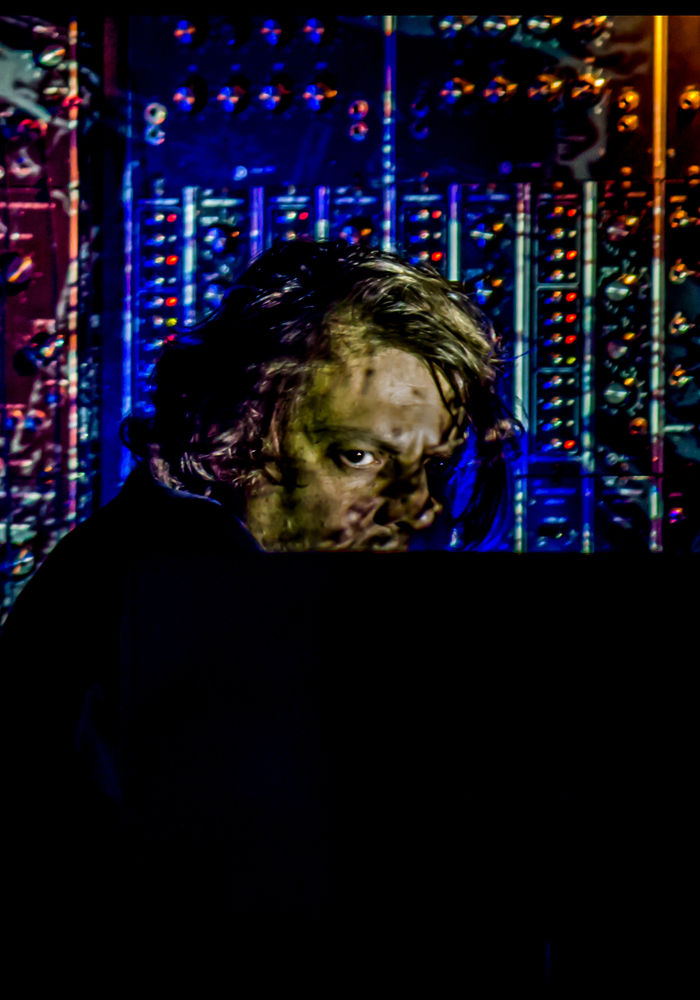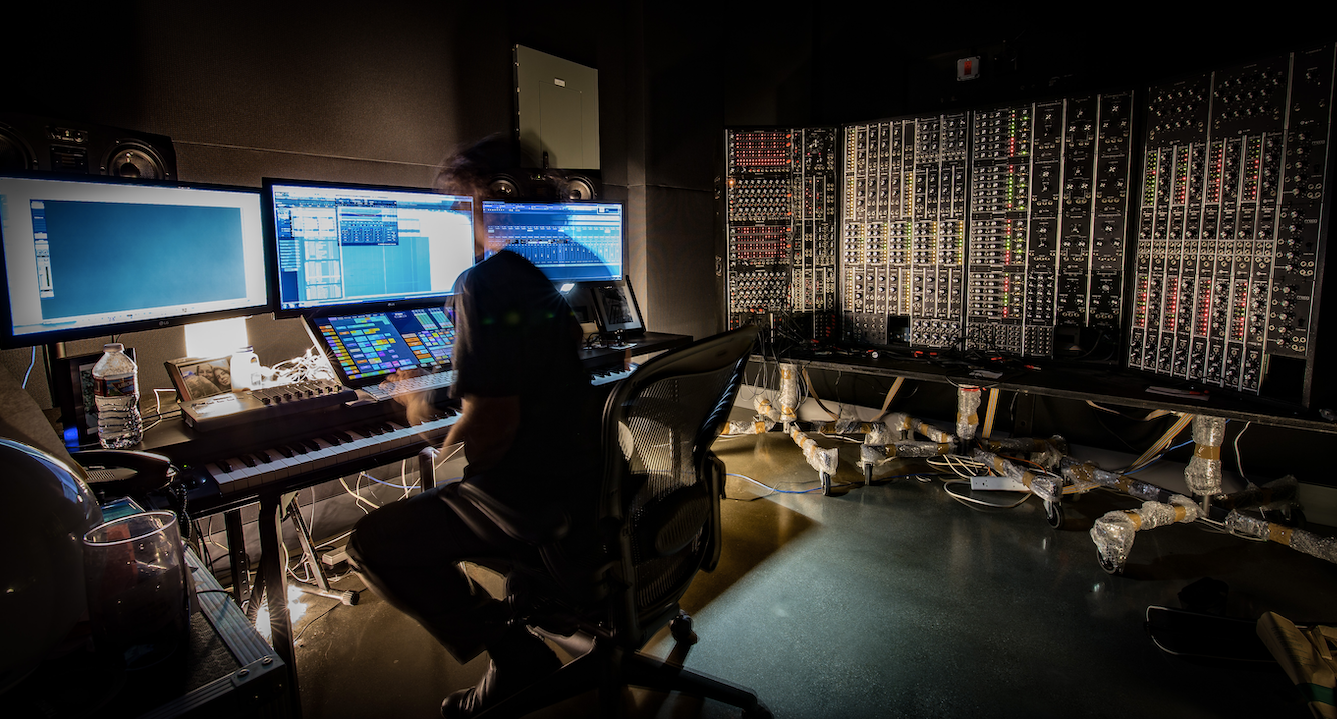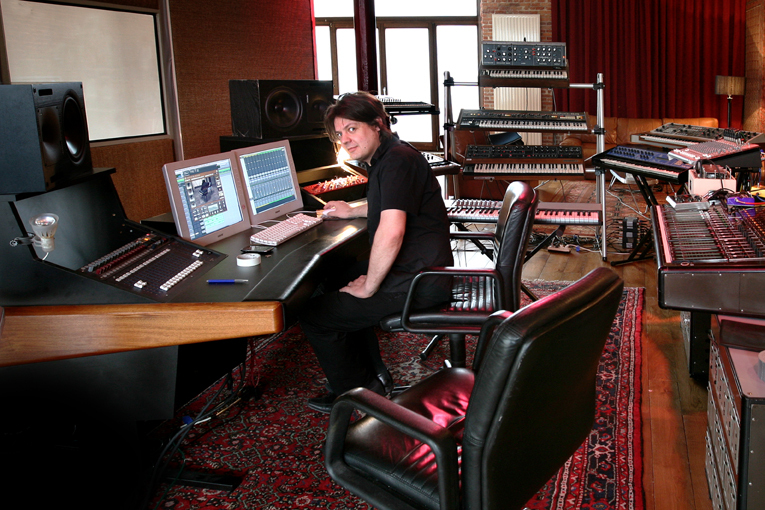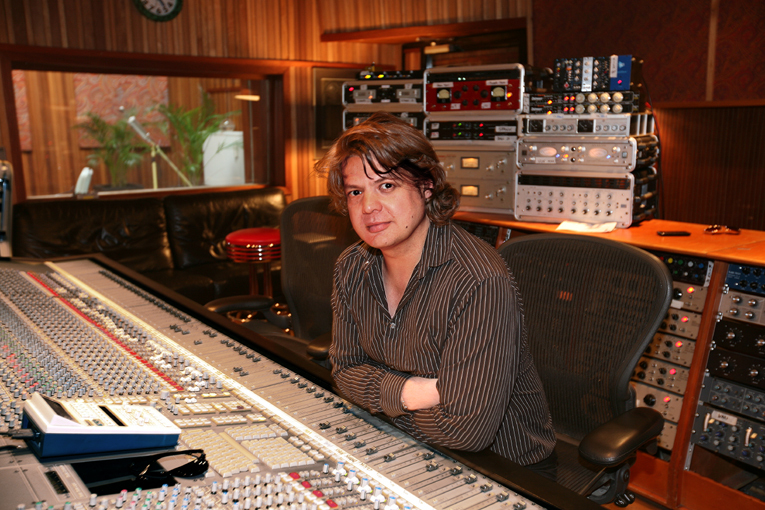After leaving The Psychedelic Furs, songwriter, producer, engineer and programmer Ed Buller knew he never wanted to be a front man, preferring to sit behind the desk in the studio. He reflects on working with Pulp as the Britpop movement kicked off in the ‘90s, and clears up what really happened with Suede during those fraught recording sessions.
Rumour has it you escaped boarding school to sleep in the electronic music studio of Reading University to get your hands on a synthesizer. Is this true?
It's kind of become this myth. But truth be told, I really did escape. It was a Quaker school, and it had this fairly large campus right next to the Reading University campus. I found out that the music department had a synthesizer, and in 1974, synthesizers just didn't exist. They were very low on the ground, and one of the only places that could afford them were university music departments.
This music department was a bit forward-thinking and they bought themselves a synthesizer. I went down one day and said, ‘I hear you have a synthesizer, could I see it?’ They were like, ‘Who the fuck are you?’ [laughs]. But very nicely, they said, ‘Yes, it's in this little shed in the garden. Here's the key, go and have a look’. They couldn’t get much of a noise out of it, but the really funny thing was this synthesizer was made by a friend of my dad's called Peter Zinovieff.
My father was a composer and he knew this machine quite well – we actually had it at the house a few times, so instantly, I got a sound on it. It had all these little pins, and you couldn't make a sound out of it unless you put the pin in the right spot on the pin matrix. So straightaway I got it to work, and they were like, ‘How did you do that?’ After a few trips, they said, ‘You can come as often as you want,’ so I actually started to spend a lot more time out of school…
You met the Psychedelic Furs when you were working in a music shop in London, and went on to co-wrote one of their best known tracks, Love My Way, as well as The Ghost in You, Heaven, and Heartbeat. After becoming a touring member in 1982, you realised you were much more at home in the studio, and left to become the in-house engineer at Island Records, later branching out on your own as a producer and engineer in 1991. Why do you prefer the studio?
Truth be told, I just didn't like the idea of the front man mentality. All I really wanted to do was play the keyboards. Watching Richard Butler [The Psychedelic Furs] dealing with all the politics… Front men have a personality and an ability to project themselves into an audience. It's a bit like acting in some respects – a good front man is very hard to find.
It's not that they're all dickheads, but I was very put off by the sort of person I thought I was gonna have to become if I wanted to do it, and it just didn't interest me. I was much more interested in music and the gear.
I'm interested in the sounds, I'm interested in getting all those sorts of textures. So I decided to become a producer, and I asked a few A&R friends how to do this, and they said, ‘At the moment the engineers are doing the production’. So I thought, ‘I better become an engineer first!’







